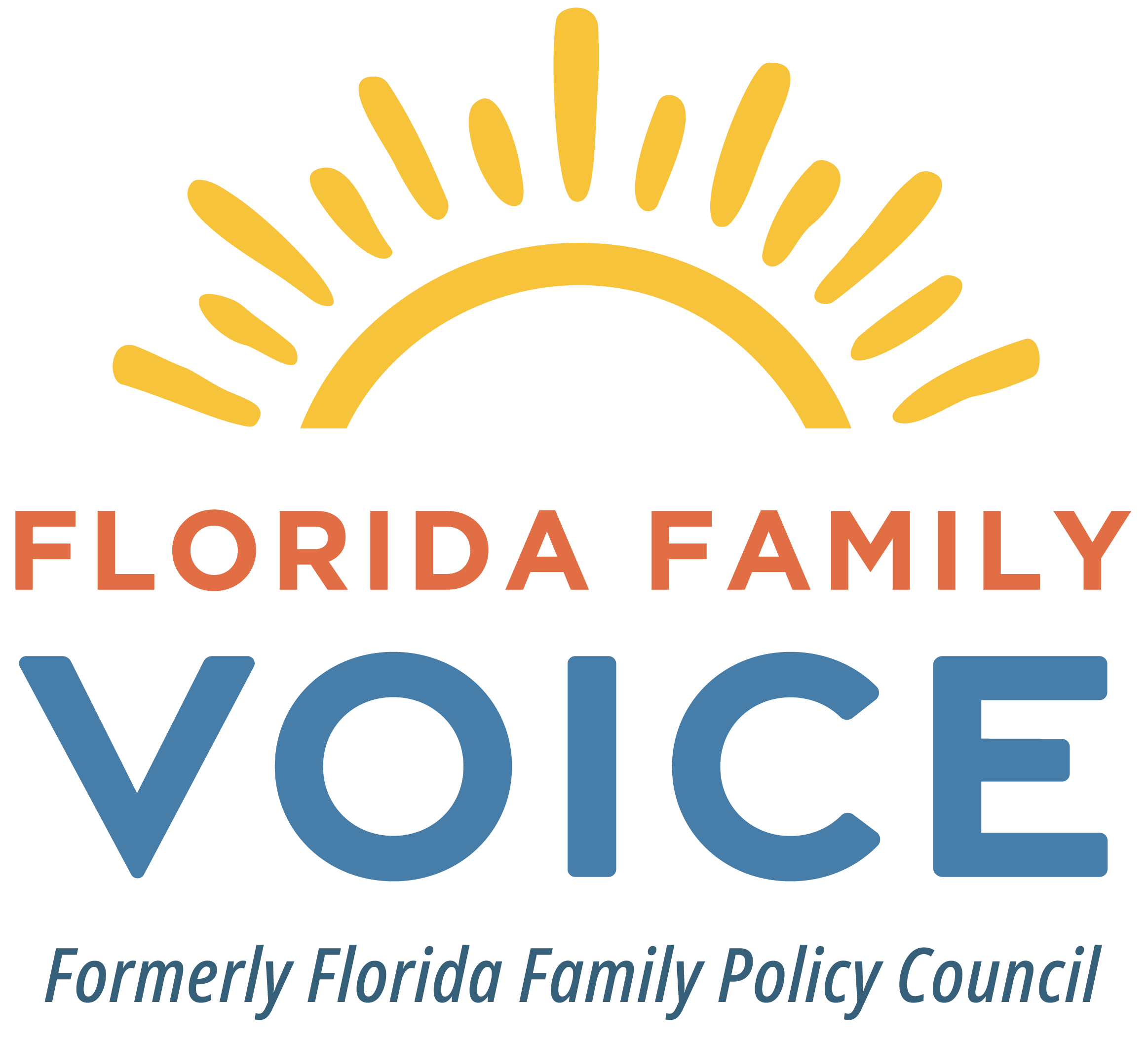Bioethics, Stem Cell Research & Cloning
Videos
Bioethics, Stem Cell Research and Cloning Talking Points and Basic Information:
Stem Cell Research: Talking Points
Daily Citizen, Focus on the Family
The Ten Great Myths in the Debate Over Stem Cell Research (PDF)
Rev. Tadeusz Pacholczyk, Ph.D., The National Catholic Bioethics Center
Fact Sheet: Adult Stem Cell Research and Transplants
Charlotte Lozier Institute
In contrast to adult stem cells, there is currently no validated, successful patient treatment due to embryonic stem cells despite funding and research spanning a decade and a half.
Cloning Facts and Fiction
By James A. Marcum
The Center for Christian Ethics
The heated debate in our society over reproductive cloning, as well as therapeutic cloning to obtain embryonic stem cells, has been fueled by misconceptions and hyperbole on both sides. We need to separate the facts from the popular fictions about human cloning.
Q&A with the Scholars: Science and the Beginning of Human Life
Charlotte Lozier Institute
Dr. Condic discusses the beginning of human life and the moral status of the human being.
Q&A with the Scholars: Adult Stem Cell Treatments and Life-Saving Research
Charlotte Lozier Institute
Paul Wagle, M.A., discusses his experience with a life-saving adult stem cell treatment, and the importance of promoting ethical approaches to medical research.
Comprehensive Research and Articles
Classical Bioethics: From Medical Ethics, Reproductive Technology, and End of Life Issues to the Rise of Biotechnology
The Center for Bioethics and Human Dignity
As medical research and technological innovations offer more effective means to alleviate suffering, extend and improve the quality of life, and cure many diseases that have plagued human history, we are confronted with evermore complex ethical choices regarding the extent to which we will pursue these interventions.
Time is Showing Superman was Wrong – Placenta and Adult Stem Cells Provide Greatest Promise
Daily Citizen, Focus on the Family
While final results and long-term success remain an open question, the results thus far have been encouraging. The rapidly emerging “regenerative” field of medicine is relying heavily on the use of ethically obtained stem cells. This is a very good thing, and we should encourage and champion moral innovation.
“What’s All the Fuss About Stem Cells?” (Podcast)
Dr. David Prentice, Charlotte Lozier Institute
What are stem cells and why are they so fraught with both hope and controversy? CLI’s Vice President and Research Director, Dr. David Prentice, recently joined Molly Smith, host of From the Median, to explain the science, history, and politics of stem cells.
Fetal Tissue Research: Antiquated and Unethical? (Video)
The Heritage Foundation
Discussion with expert panelists to learn how current practices can be reformed to prioritize good science alongside life-affirming conduct.
False Promises: Common Cloning Claims Refuted
David Prentice, Ph.D., William L. Saunders, J.D., and Michael Fragoso (Family Research Council)
Pro-cloning forces have been working hard to convince state governments to pass constitutional amendments enshrining a “right” to clone and to destroy embryos for research. Such amendments promise medical cures, limitless profits, and ethical benchmarks. But all of these promises are false.
Stem Cells, Cloning and Human Embryos: Understanding the Ethics and Opportunity of Scientific Research
David Prentice, Ph.D., Family Research Council
Stem cells remain a mystery to most people, even though the debate over stem cell research, treatments, ethics, and funding has led to legal, legislative, scientific, religious, and policy debates. This publication offers a general overview of stem cells—their sources, practical uses and potential, and ethical problems.
5 Takeaways From a Discussion of Alternatives to Fetal Tissue Research
Melanie Israel, The Heritage Foundation
Policymakers have the opportunity to hear expert witnesses attest to amazing scientific advancements and discoveries using ethical alternatives to fetal tissue.
Human Cloning Advancements Pose Serious Questions for Life Advocates
Jim Daly, Focus on the Family
What happens when the latest and greatest in medical science comes at the expense of another human life? How would you feel knowing that a human life was created only to be destroyed for your benefit? How far are we willing to go to live longer and healthier lives?
Next Station Stop: The Embryo Farm?
Charlotte Lozier Institute
For decades, proponents of destructive embryo research have given at least lip service recognition to the serious ethical concerns inherent to such research.
Time to End Embryo-Destroying Stem Cell Research
Charlotte Lozier Institute
Science has advanced to the point where researchers can declare iPSCs “functionally indistinguishable” from hESCs, meaning researchers now have a virtually limitless supply of pluripotent stem cells that is relatively easy to obtain and most important does not rely on the destruction of human embryos
Websites, Books and Additional Resources
Stem Cell and Cloning Glossary
The Center for Bioethics and Human Dignity
The National Catholic Bioethics Center
Recent News
Pet Clones: On the Threshold of Cloning Humans? (2018, The Stream)
A Baby With 3 Parents Has Been Born. These Are the Dangers You Should Know About. (2016, The Daily Signal)
Dismay Regarding the Embryonic Research Decision in the United Kingdom (2016, The National Catholic Bioethics Center)
Scientists clone first human embryos (2013, Live Action)
Ethical Stem-Cell Researcher Wins Nobel Prize for Medicine (2012, The Daily Signal)
